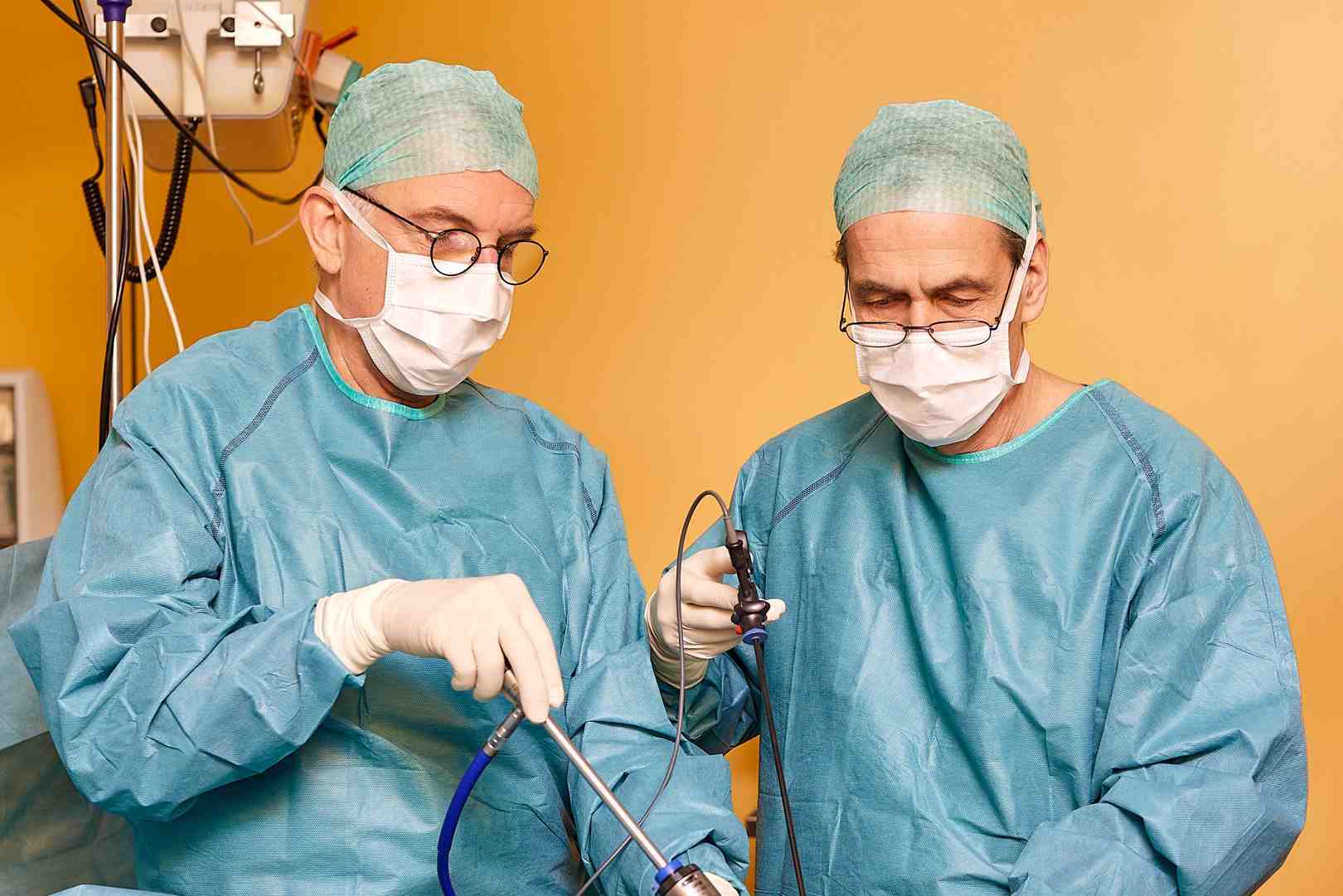The good news is that femoral hernia repair today is usually done laparoscopically, meaning smaller incisions and less pain. But you should still run out and do any heavy lifting right away. Your body has been through a trauma and needs time to heal. Be kind to yourself during recovery now is the time to rest, relax, and let others care for you as you start to mend.
Stay positive. While the recovery road may feel long, focus on small milestones and celebrate your progress, not perfection. You’ll get there; remember to go slowly and avoid any setbacks. Keep your eye on the big picture. A few weeks of rest will make you feel better and ready to return to your everyday active life. You’ve got this take it day by day!
What Is a Femoral Hernia?
A femoral hernia occurs when tissue pushes through a weak spot in the abdominal wall near the groin. This causes a bulge that you can see and feel. Femoral hernias are most common in women and adults over 50.
The excellent news is femoral hernias are often easily treatable. The bad news is they usually require surgery to repair and prevent potentially dangerous complications. During the procedure, the surgeon will push the tissue back into place and sew mesh over the weak area in the abdominal wall to reinforce it.
Recovery typically takes 6 to 8 weeks. To heal quickly and avoid recurrence, there are a few things you can do:
- Rest as much as possible for the first week or two. Limit activities like walking, exercise, and lifting.
- Apply ice packs to the area for 10-15 minutes at a time, a few times daily, to reduce swelling.
- Wear loose, comfortable clothing that doesn’t pressure your incision.
- Follow your doctor’s orders for pain medication and antibiotics. Take them as prescribed to avoid discomfort and infection.
- Attend your follow-up appointments so your doctor can monitor your progress and ensure you’re healing properly.
- Ease back into normal activities gradually. Don’t lift anything over 10-15 pounds for at least 4 to 6 weeks.
Preparing for Femoral Hernia Surgery
You’ll want to do some prep work to have the smoothest recovery possible from femoral hernia surgery.
- Stock on soft, loose clothing like sweatpants, t-shirts, and button-down pajamas. Tight waistbands and belts will be uncomfortable, so avoid them.
- Get all the necessary supplies for incision care, like gauze pads, medical tape, antibacterial ointment, and bandages. Ask your doctor for specific recommendations based on the procedure.
- Make your space recovery-friendly. Have extra pillows, blankets, tissues, hand sanitizer, and anything else you might need within easy reach of where you’ll be resting.
- Ask friends and family for help with chores like cleaning, laundry, yard work, or pet care. Don’t try to do too much in the first few weeks after your operation.
Recovering in the Hospital After Surgery
The Day of Surgery
You’ll be admitted and prepped for the procedure on the day of your femoral hernia surgery. The surgeon will meet with you to review the operation details and have you sign consent forms. Don’t hesitate to ask any last questions you may have.
Recovery Room
After surgery, you’ll wake up in the recovery room, where nurses will monitor your vital signs as the anesthesia wears off. You may feel dizzy, nauseous, or disoriented at first. Pain medication will be provided through your IV to keep you comfortable. For post-op pain management, your leg may also feel numb from an epidural or nerve block.
Inpatient Care
Most patients stay in the hospital for 2 to 3 days after femoral hernia surgery. Nurses will frequently check your incision, pain level, and vital signs. They’ll also encourage you to do deep breathing and leg exercises to prevent blood clots, a common post-op complication.
Conclusion
So there you have some tips from those who have been there to help you recover successfully from femoral hernia repair. The key is to take it slow, be kind to yourself, and stay on top of pain management. Take your time getting back to normal activities and risk popping those stitches. Ease into increased activity and exercise over weeks, not days. A full recovery can take 6 to 8 weeks, so settle in for the long haul. But if you follow your doctor’s orders, keep incisions clean, stay mobile with light walking, and get plenty of rest, you’ll return to your usual routine before you know it.

